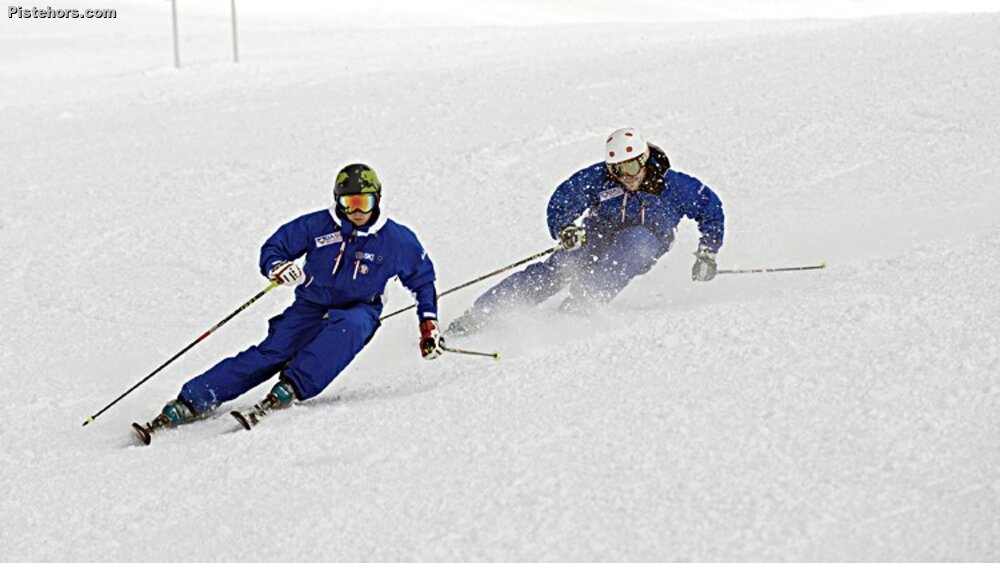The French Conseil d’État, France’s highest administrative court, has dismissed a legal challenge brought by the British Association of Snowsports Instructors (BASI) concerning the recognition of British ski instructor qualifications in France.

The dispute stemmed from the United Kingdom’s exit from the European Union, which ended the automatic mutual recognition of professional qualifications. In January 2023, BASI sought clarification from the Pôle national des métiers de l’enseignement du ski et de l’alpinisme (PNMESA), the body that oversees ski instruction standards in France, on how its diplomas would be treated for equivalence purposes.
In response, the PNMESA delegate issued an informal note describing the general procedure for evaluating foreign diplomas under the Code du sport and providing a personal assessment of the BASI qualifications. The note stated explicitly that it was not setting any rules and that any equivalence would need to be reviewed on a case-by-case basis.
BASI nevertheless challenged this note before the Conseil d’État, arguing it amounted to a decision that unlawfully affected the rights of its members.
However, in its ruling, the court found that the PNMESA’s communication had no binding legal effect and was merely informational in nature. As such, there was no administrative act that could be subject to judicial review. The court therefore declared BASI’s request inadmissible and rejected its claim for legal costs.
“This document … does not constitute a general measure capable of producing notable effects on the rights of diploma holders,” the decision stated.
The outcome leaves the legal situation unchanged: British instructors seeking to work in France must continue to apply individually for recognition of their qualifications under the existing equivalence procedure.
Could BASI Have Approached this Differently?
The court’s reasoning suggests BASI acted prematurely. To bring a valid challenge, it would have needed to:
In other words, instead of contesting an informal explanation, BASI should have waited for a concrete administrative act with legal consequences. Only then would the courts have had jurisdiction to rule on the substance, namely, whether France’s post-Brexit treatment of BASI qualifications complies with French and international law.
As a previous article has shown. There are plenty of cases going through the courts at the moment to choose from: https://pistehors.com/ZXyMdo8B1g7SdbHcE-l7/i-fought-the-law-but-the-law-won and we already suggested ways the national associations could help members: "The ski associations, BASI and IASI, could provide more support. One of the issues with the decisions were insufficiently prepared cases and lack of translations of supporting material. The associations could advise their members how to apply to work in France and other countries outside of the CTT and could improve the documentation of their qualifications along the lines of those of foreign bodies and provide official translations to members."
But a number of cases were doomed to failure from the start as the applicants were unable to show sufficient professional experience to compensate for not having passed the Eurotest/Eurosecurity before applying for a French professional card.